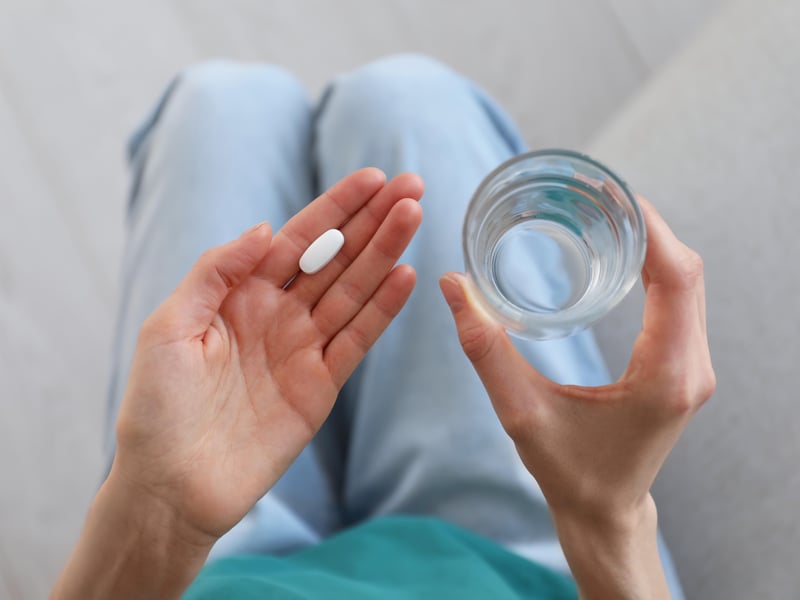Manténgase sano!

- Posted March 10, 2023
Morning-After Antibiotics May Help Curb STDs
A common antibiotic taken shortly after sex by folks in high-risk groups may help stem the spread of some sexually transmitted infections (STIs).
Using doxycycline about 72 hours after unprotected sex effectively prevented chlamydia and syphilis cases in men who have sex with men and in transgender women, research presented last month at the Conference on Retroviruses and Opportunistic Infection showed.
The antibiotic has been slightly less effective for gonorrhea, but treatment with a meningitis vaccine has already. cut those cases in half, the New York Times reported.
About 40% of all STIs in the United States are diagnosed in this high-risk group.
A few studies have shed light on the impact of doxycycline in men who have sex with men. That included a 2017 study where participants were given the antibiotics before needing them, with instructions to take two pills within three days of an exposure.
"We were very cautious at the time because we didn't want everyone to use the strategy before it has been confirmed,"said Dr. Jean-Michel Molina, a professor of infectious diseases at Paris Cité University, who led the study.
A second study shared at an AIDS meeting last year found that doxycycline after sex reduced cases of syphilis and chlamydia by more than 80%. It also cut gonorrhea cases in participants by about 55%.
The more recent study tested doxycycline in 232 men who have sex with men and who were in a larger HIV prevention study. Molina and the other researchers found that the men who took the antibiotic were 84% less likely to contract chlamydia or syphilis and about 50% less likely to get gonorrhea, the Times reported.
In that trial, the GlaxoSmithKline bacterial meningitis vaccine was used in a separate group of men. They were about half as likely to get gonorrhea, the Times reported. The vaccine is not approved for that use in the United States, though it's commonly considered safe and effective for the bacteria.
"There's a lot of enthusiasm in high-risk populations to get more data and to start using the meningococcal B vaccine,"Dr. Annie Luetkemeyer, an infectious disease physician at Zuckerberg San Francisco General Hospital and Trauma Center, told the Times.
It is likely the vaccine would also be effective in men of any sexual orientation, but it was not effective in women in a study in Kenya, where it's possible that the prevalence of antibiotic resistance may have played a role, the Times reported.
Dr. Jenell Stewart, an infectious diseases physician at Hennepin Healthcare and the University of Minnesota, told the Times that the results "a huge disappointment."
"While condoms work really well when people use them, they're not always accessible to people in their relationships,"Stewart said. "We need to have solutions beyond that."
Some cities, including San Francisco, have started offering doxycycline to those at high risk, the Times reported.
The U.S. Centers for Disease Control and Prevention has offered healthcare providers guidance to offer only doxycycline, not other antibiotics, and only to gay and bisexual men and transgender women.
Cases of syphilis and gonorrhea were once largely controlled, but have been rising sharply in recent years, especially in teens and young adults. Women, especially Black women, have also had increasing numbers of STIs. Congenital syphilis passed from mother to infant rose 200% between 2017 and 2021, the Times reported.
More information
The World Health Organization has more on sexually transmitted infections.
SOURCE: New York Times
